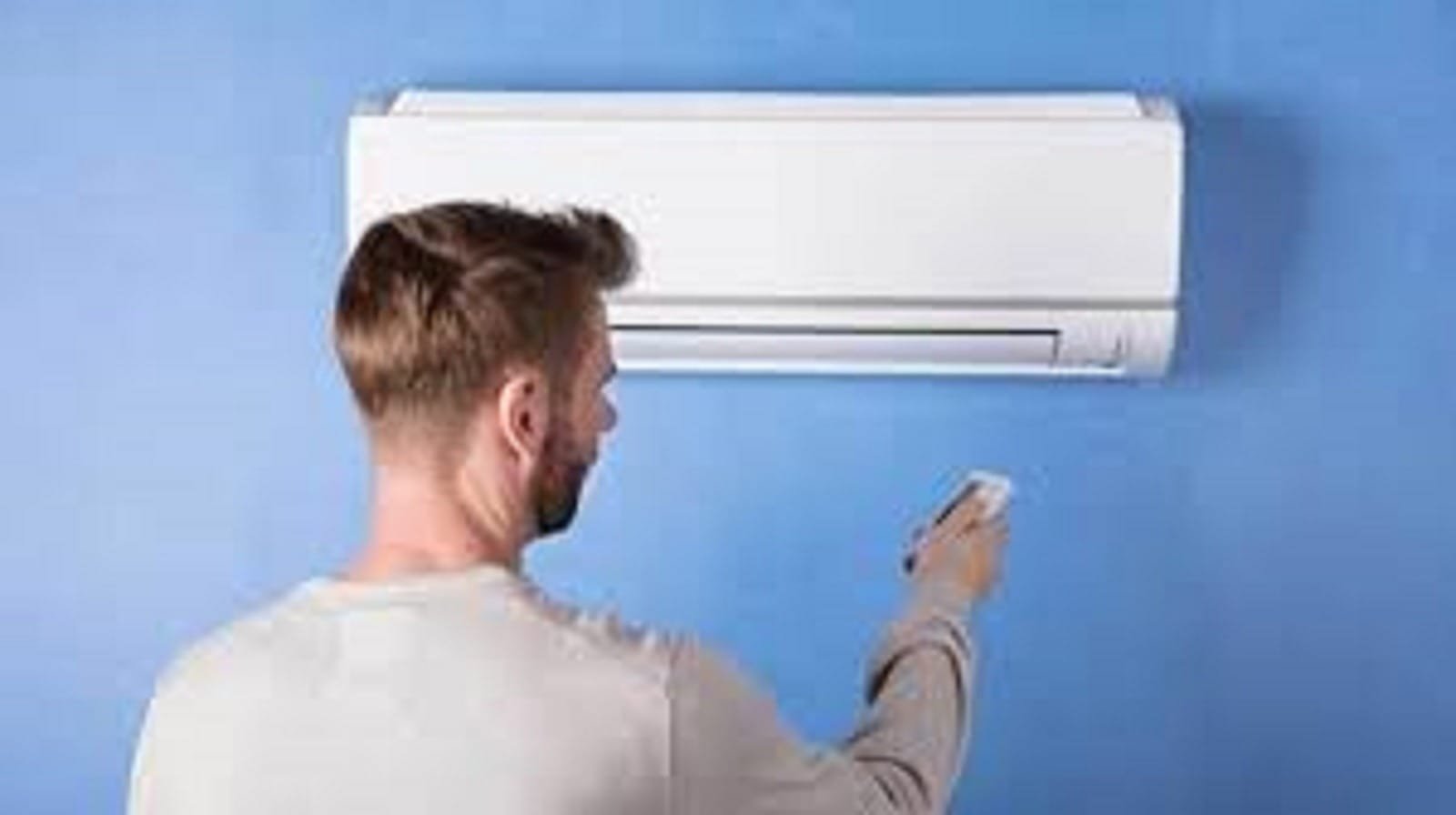Air conditioning has become an essential part of modern life, providing comfort and relief during scorching hot summer months. However, overusing air conditioning can lead to a range of negative effects on both your health and the environment. Understanding these effects and implementing safe usage practices can help you maximize the benefits of air conditioning while minimizing potential drawbacks. This comprehensive guide explores the effects of overusing air conditioning and offers practical tips for safe and effective AC use.
The Effects of Overusing Air Conditioning
1. Health Issues
Respiratory Problems
Excessive use of air conditioning can exacerbate respiratory issues. The air inside air-conditioned spaces tends to be drier, which can irritate the mucous membranes in the respiratory tract. This can lead to symptoms such as dry throat, coughing, and worsening of asthma or allergies. Additionally, improperly maintained AC units can harbor mold and dust, which can be released into the air and aggravate respiratory conditions.
Dehydration
Air conditioning reduces indoor humidity levels, which can lead to dehydration. Prolonged exposure to dry air can cause symptoms like dry skin, chapped lips, and increased thirst. It’s important to drink plenty of water to stay hydrated, especially when spending extended periods in air-conditioned environments.
Temperature-Related Illnesses
Frequent transitions between hot outdoor temperatures and cold indoor environments can stress your body and lead to temperature-related illnesses. Sudden changes in temperature may cause issues such as colds, flu-like symptoms, and even joint pain.
2. Impact on Sleep Quality
Air conditioning can negatively impact sleep quality if not used properly. Overly cold temperatures or excessive noise from the AC unit can disrupt sleep and make it harder to fall and stay asleep. It’s crucial to find a balance that ensures comfort without compromising rest.
3. Increased Energy Consumption
Overusing air conditioning can lead to significant increases in energy consumption, which not only raises your electricity bills but also contributes to environmental concerns. High energy usage from air conditioning units increases the demand on power plants, which often rely on non-renewable energy sources.
4. Environmental Impact
The environmental impact of overusing air conditioning is considerable. Air conditioners release greenhouse gases such as hydrofluorocarbons (HFCs) and contribute to global warming. Additionally, the energy required to run these units often comes from fossil fuels, further exacerbating climate change.
5. Maintenance Issues
Excessive use of air conditioning can put additional strain on your AC unit, leading to more frequent breakdowns and higher maintenance costs. Filters and coils may become clogged more quickly, reducing the efficiency of the system and potentially causing costly repairs.
Safe Use of Air Conditioning
1. Set a Reasonable Temperature
- Ideal Temperature: The U.S. Department of Energy recommends setting your thermostat to 78°F (26°C) when you are at home and awake. This temperature balances comfort with energy efficiency.
- Nighttime Temperature: Consider raising the thermostat to 82°F (28°C) while you sleep to avoid overcooling. Using fans to help circulate air can also enhance comfort without lowering the temperature excessively.
2. Use Programmable Thermostats
- Automate Temperature Adjustments: Programmable thermostats allow you to set different temperatures for various times of the day. For instance, you can set the temperature to rise when you’re away from home and cool down before you return.
- Smart Thermostats: Consider investing in a smart thermostat that can learn your preferences and adjust the temperature accordingly, optimizing both comfort and energy efficiency.
3. Maintain Your AC Unit Regularly
- Change Filters: Regularly replace or clean air filters to ensure optimal airflow and reduce the risk of respiratory issues.
- Professional Maintenance: Schedule annual check-ups with a professional HVAC technician to clean and service your AC unit. This helps prevent breakdowns and ensures the system operates efficiently.
4. Use Fans in Conjunction
- Ceiling Fans: Use ceiling fans to circulate cool air throughout the room. Fans can make you feel cooler even if the temperature is slightly higher.
- Portable Fans: Position portable fans to help distribute air more evenly and reduce the need for lower thermostat settings.
5. Improve Home Insulation
- Seal Leaks: Ensure that your home is well-insulated and that there are no gaps or leaks around windows and doors. Proper insulation helps maintain indoor temperatures and reduces the workload on your air conditioning unit.
- Use Window Coverings: Install shades, blinds, or curtains to block out direct sunlight and reduce indoor heat gain. This can help keep your home cooler and reduce the need for excessive air conditioning.
6. Stay Hydrated
- Drink Water: Make sure to drink plenty of water, especially if you spend long periods in air-conditioned environments. This helps counteract the drying effects of air conditioning.
7. Consider Alternative Cooling Methods
- Natural Ventilation: Open windows and use cross-ventilation to cool your home naturally during cooler parts of the day.
- Evaporative Coolers: In dry climates, evaporative coolers can be a more energy-efficient alternative to traditional air conditioning.
Conclusion
While air conditioning provides essential comfort during hot weather, overusing it can lead to a range of health, environmental, and economic issues. By understanding the potential effects of excessive air conditioning and adopting safe usage practices, you can enjoy the benefits of a cool environment while minimizing negative impacts. Implementing strategies such as setting reasonable temperatures, maintaining your AC unit, and using fans effectively can help you balance comfort and efficiency. Remember, moderation and proper management are key to making the most of your air conditioning system while contributing to a healthier planet.
Thanks for visiting Gymbag4u.com
You may also love reading few other articles. https://gymbag4u.com/the-dangers-of-excessive-heat-health-risks-and-precautions/ and https://gymbag4u.com/benefits-of-multi-grain-mix-for-health-and-multi-grain-recipes/ and https://gymbag4u.com/the-health-impact-of-processed-sugar-and-healthier-alternatives/ and https://gymbag4u.com/brat-food-these-18-brat-food-items-to-enhance-your-health/
